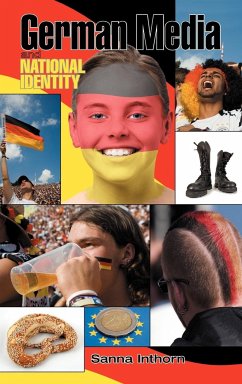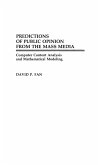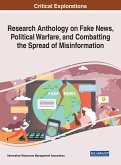Fascination with what makes the Germans tick has produced a vast range of texts that explore German postwar politics, culture, and society. Yet within this considerable body of work, there is a paucity of academic analysis that acknowledges the role of media discourse in the representation and construction of German identity. This book makes an important contribution to the study of German national identity by offering a detailed and large-scale academic analysis of how German media discourse between 1998 and 2005 represents German national identity. It brings together a variety of case studies: European integration, citizenship and immigration, sports and consumption. It makes the case for the role of popular culture in the discursive formation of national identity and demonstrates that the nation is constructed against political and non-political subjects. By looking at a variety of topic contexts, this book identifies a master narrative of the German nation. It tells the story of a nation that has its roots firmly in the memory of National Socialism and constructs ethnocentric nationalism as taboo. Yet at the same time it cannot escape the past as it harbors racist images of "self" and "other." This is an important book for collections in European studies and media studies, as well as scholars engaged in studying the impact of media on culture. This book demonstrates that reports of the death of the nation-state are without any doubt exaggerated. The particular complex of discourses analysed here was and is only present in Germany. It could not be found in Germany's German-speaking neighbours such as Austria or Switzerland, or indeed anywhere else. While the influence of globalisation is undeniable, the nation-state and its media remain a key location for the negotiation of national identity and much more. This wide-ranging and engagingly written book offers us an exceptional insight into that process." - Professor Hugh O'Donnell, Glasgow Caledonian University
Hinweis: Dieser Artikel kann nur an eine deutsche Lieferadresse ausgeliefert werden.
Hinweis: Dieser Artikel kann nur an eine deutsche Lieferadresse ausgeliefert werden.








